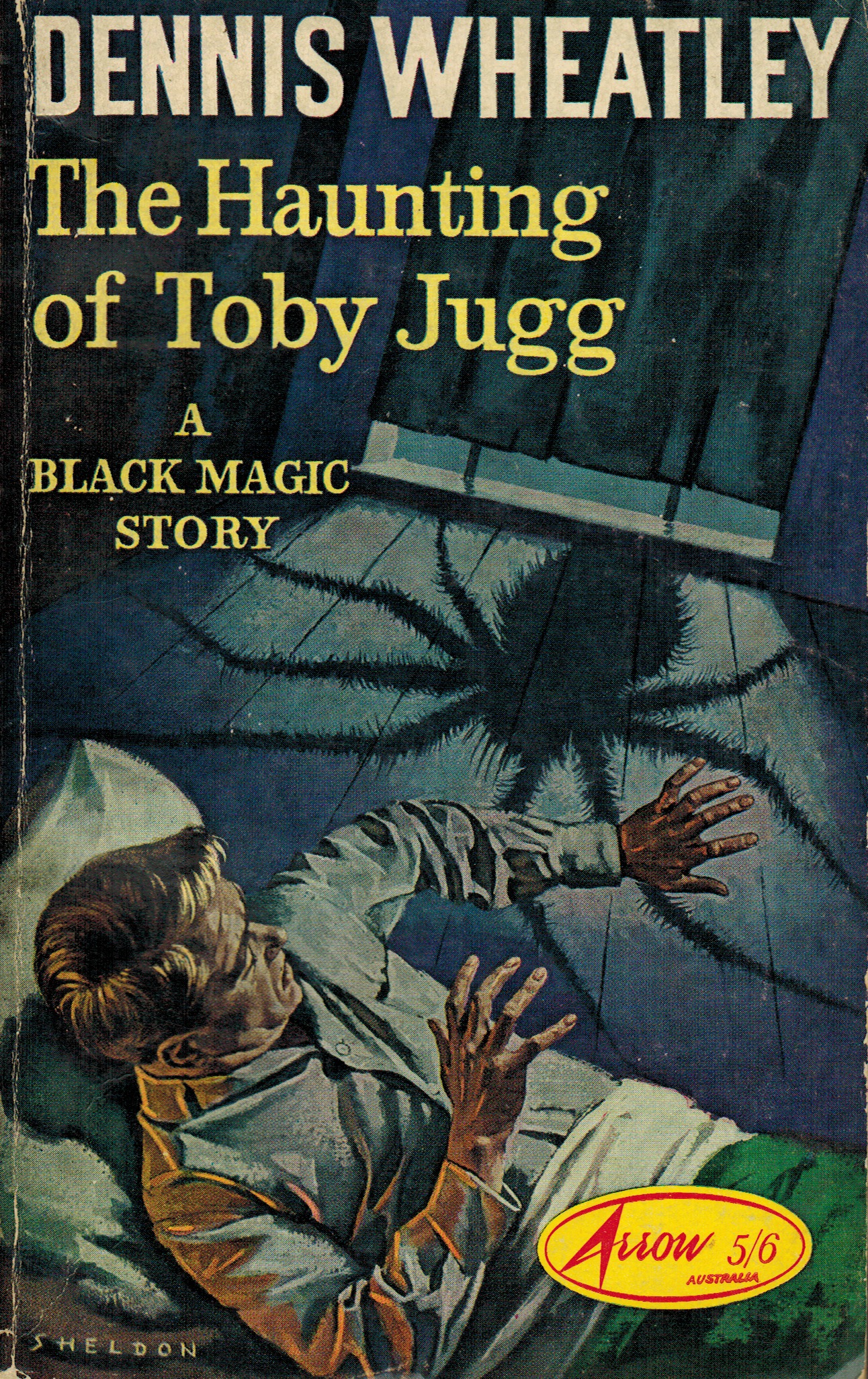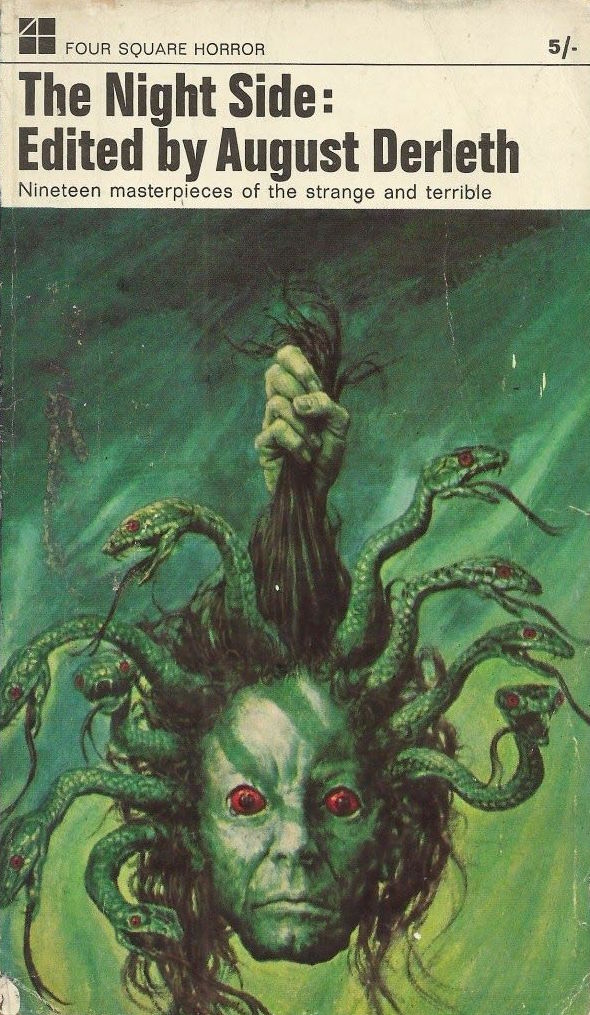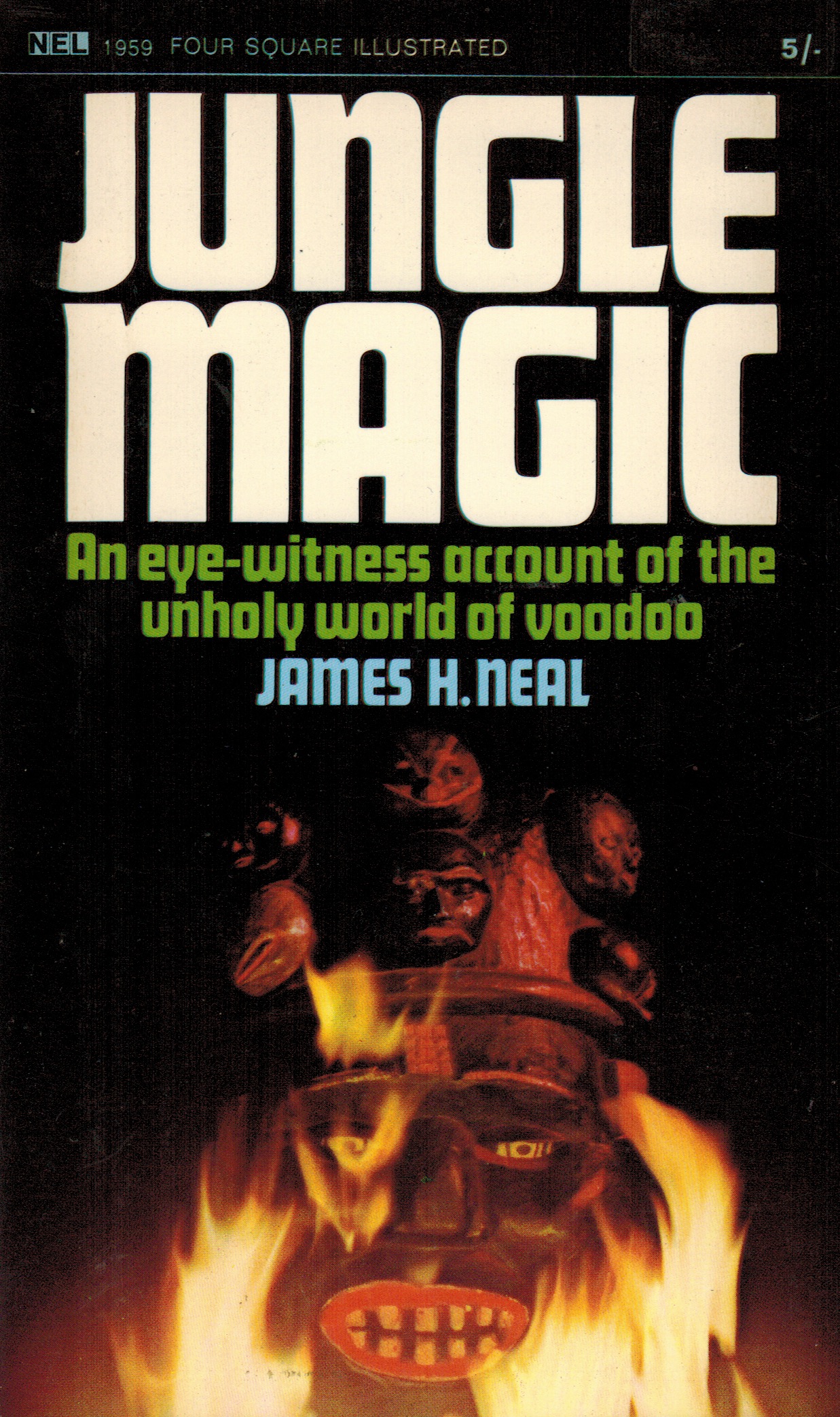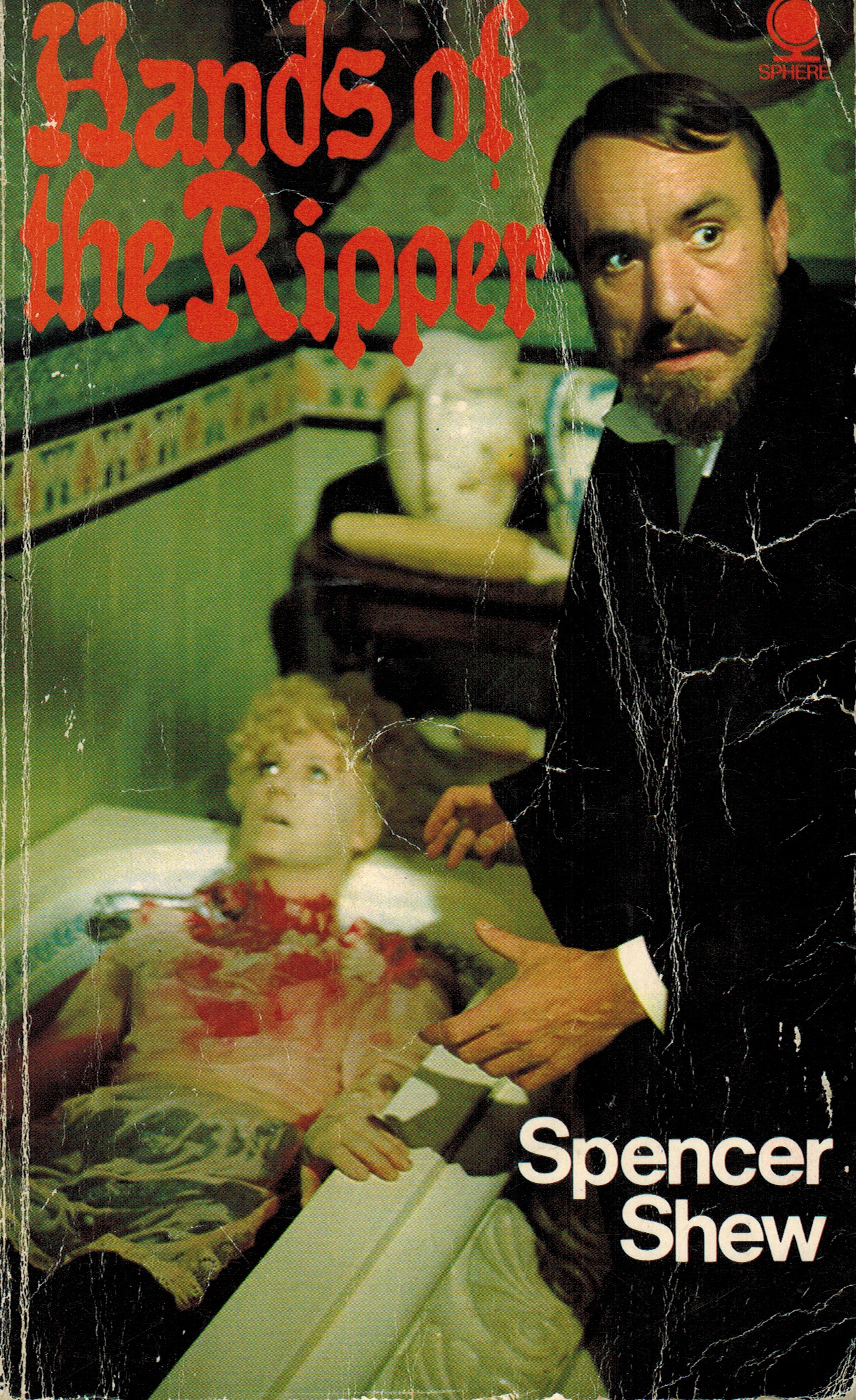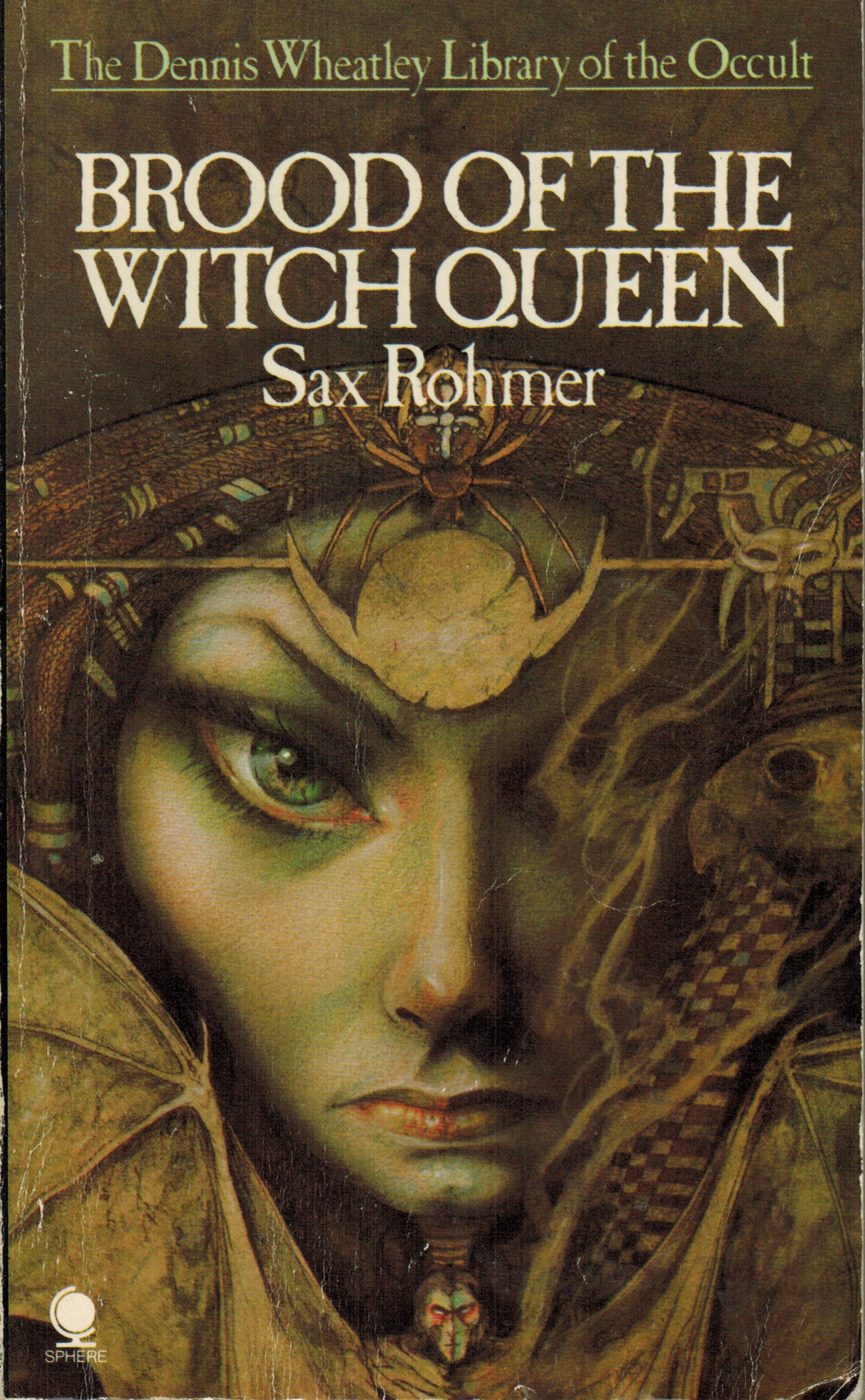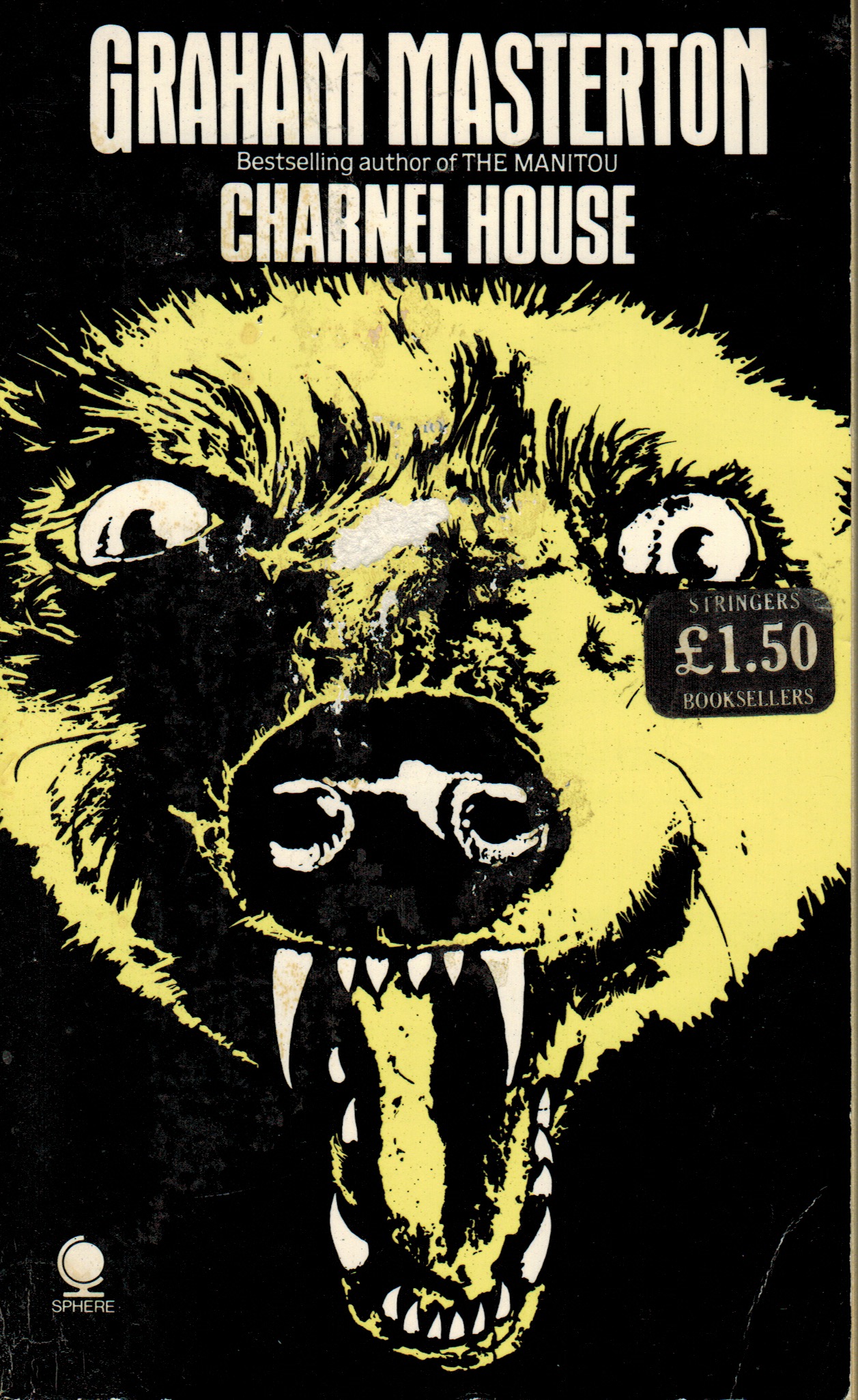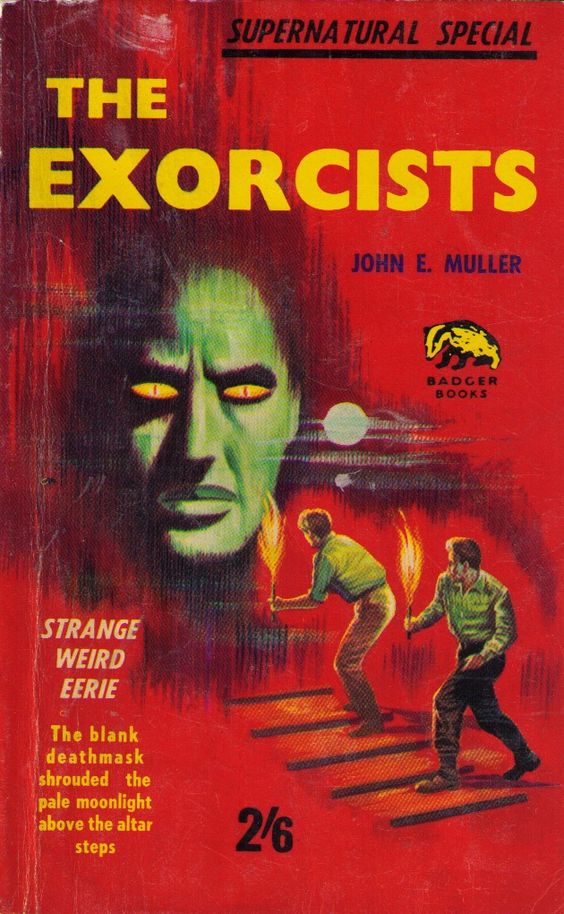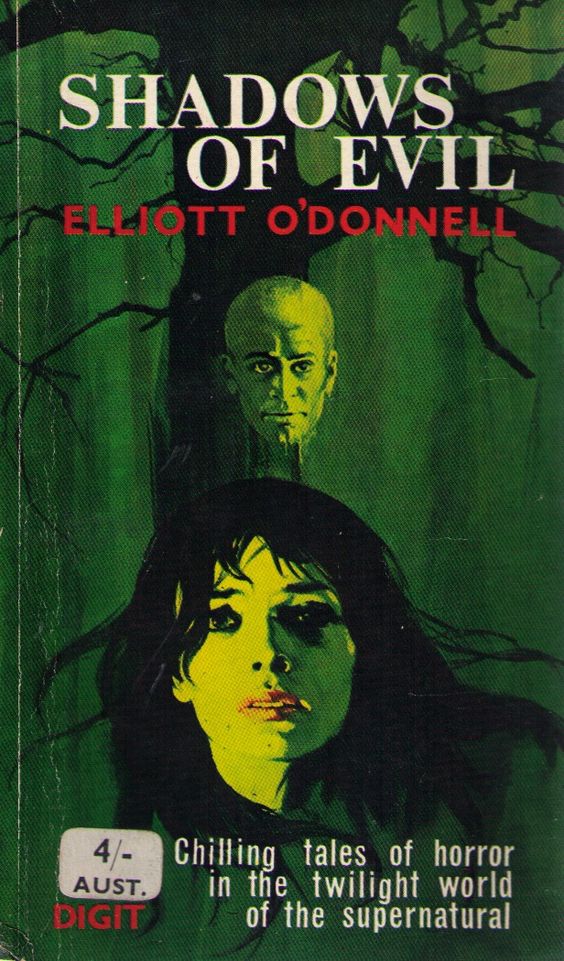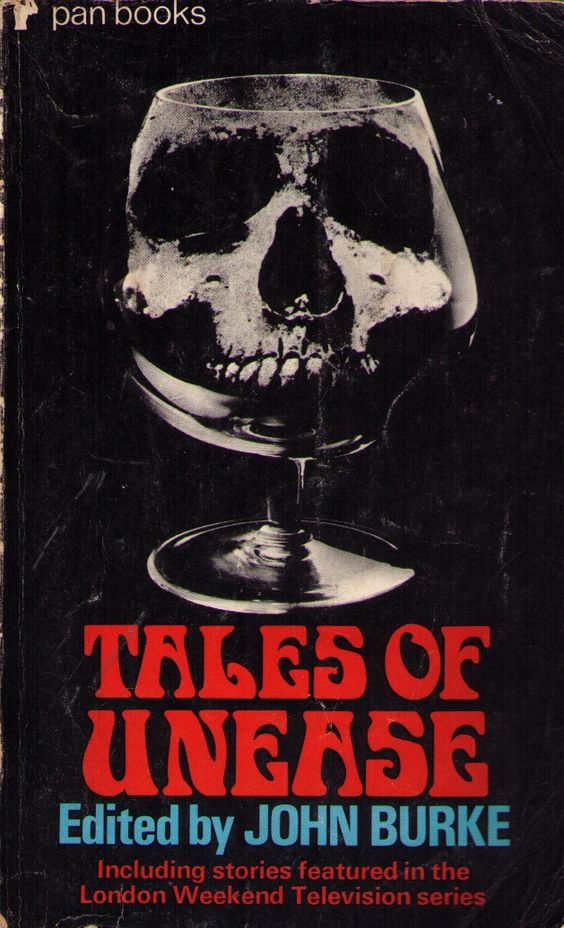Please join me on Monday, December 4, for the launch of Girl Gangs, Biker Boys & Real Cool Cats: Pulp Fiction & Youth Culture, 1950 to 1980, a book I have co-edited with my friend, Iain McIntyre.
The launch will take place from 6.30pm at one of Melbourne’s coolest second hand bookshops, Grub Street Bookshop, 379 Brunswick Street, Fitzroy. We’ll be doing live readings from some of the pulp novels included in our book. There will be cheap drinks available and, of course, you can buy a copy of the book.
Girl Gangs, Biker and Real Cool Cats is the result of four years work. It is the first comprehensive account of how the rise of postwar youth culture was depicted in Australian, American, and British mass market pulp fiction. It includes approximately 400 covers, many of them very rare, and 70 in-depth author interviews, illustrated biographies and articles regarding authors novelists who exploited and celebrated juvenile delinquents, beatniks, mods, bikers, hippies, skinheads, punks and a host of other subcultures.
I am really proud of this book and would love it if you could join Iain and I to launch it. This book will have very limited distribution in Australia, so for Melbourne folks, this is your ideal chance to snag a copy.



